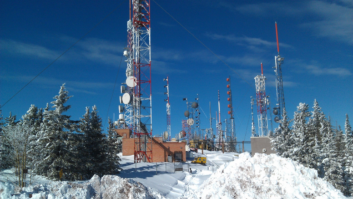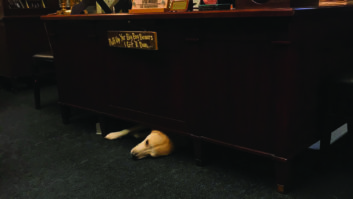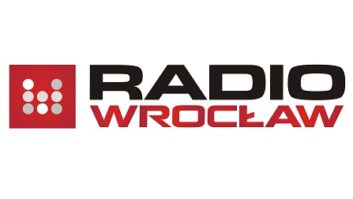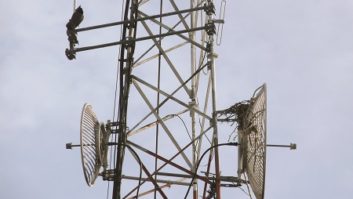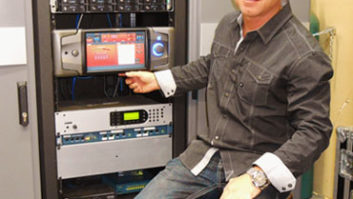Radio World’s “Guest Commentaries” section provides a platform for industry thought leaders and other readers to share their perspective on radio news, technological trends and more. If you’d like to contribute a commentary, or reply to an already published piece, send a submission to [email protected].
Michael Baldauf wrote in Radio World recently about “The Thorny World of Contracts for Consulting Engineers.”
I am one of those guys out here in “fly-over” country who is relied upon to keep all sizes of radio stations on the air. I do this full-time for more than 40 stations under at least 12 ownerships, all competing with one another.
So, what is the best type of contract? Absolutely none whatsoever.
I am proof that a good engineer can do a professional job for whoever requires my services. I don’t pick favorites, and I don’t sign contracts or agreements of any kind with any corporation.
I don’t even like the term “contract engineer.” I do not work for ANY radio station; I work for myself, providing service as any professional services “contractor” would, just like a plumber or HVAC technician.
Any independent engineer should be considered a free agent, available to any station in need of service. We are valuable — and very hard to find these days. Many of us are also a bit grouchy (well I am, anyway), so don’t get pushy. Don’t upset us.
Baldauf mentioned that one large group is attempting in a multi-page contract to address issues that may be logical for full-time employees but don’t in any way apply to an independent who works with multiple stations and groups.
-
- Requiring the contract engineer to not disclose proprietary information — We engineers all talk freely with one another anyway, you can’t stop it. Besides, you have NOTHING secret in the engineering world. Everybody has the same black boxes hooked up the same way, and we’re all waiting for the next super-black box to come out. If I happen to overhear something that would be considered proprietary, I would keep it to myself as a matter of being professional. I’m not going out blabbing “Station Q is going Z-Rock in 2 weeks!” because that’s not my business, and I don’t care.
- If the engineer develops new solutions or improvements, they are intellectual property of the station group. Bull! This makes me angry. If I come up with a new way of doing something, it is MY intellectual property, and I will share it with whomever I wish to sell it to or share it with. If anyone must sign that kind of contract, they’re not a contractor, they’re an employee.
- Insurance coverage, liability, etc., are the responsibility of the engineer — Of course. That’s just good business practice. I hold a $2 million policy on my engineering business, and if a client requires more for any specific project, I tell them to pay for the extra coverage.
- Limits — I make sure to have the “money man” for each station on speed dial. I don’t play games with corporate ladders. If I go into a transmitter site that is off the air, I will evaluate it, make a quick estimate, and call “The Man.” My rule of thumb is $1,000. If it is 1K or less and I have the parts in stock to fix it, I’ll fix it.
Those “legal minds” who are attempting to refine an “engineering contractor’s contract” are wasting time and money trying to fix problems that don’t exist (…what they do best…)
The HVAC contractor doesn’t sign an NDA to fix the heat. The plumbing contractor doesn’t sign any contract to fix a leaking toilet. I don’t sign contracts to come fix your transmitter, or even install a new studio.
The BEST contract is NONE at all. Do the work requested, bill by the hour, plus mileage. Send an invoice upon completion of the work. If the station is a “known problem,” demand cash up front. The station will send you a Form 1099-NEC at the end of the year. If you sign any kind of contract for guaranteed money such as a monthly retainer, you are an employee, not a contractor, and they can control you.
Here’s how you know if you’re an independent contractor, or an employee:
Do you rely on the station’s van and use company tools and test equipment? Then you are an employee.
Do you have your own transportation, tools, test equipment, and perhaps an inventory of parts? Then you are an independent contractor. Don’t sign contracts. Send invoices.
And in answer to the question: “If there is a hole in the roof of the transmitter building, shouldn’t it be possible to get it fixed without permission?”
That’s not my problem. I’m a broadcast engineer, not a roofing contractor. Call “The Man,” let him know, take photos and send them to him, then leave.
Come back when the roof stops leaking.





